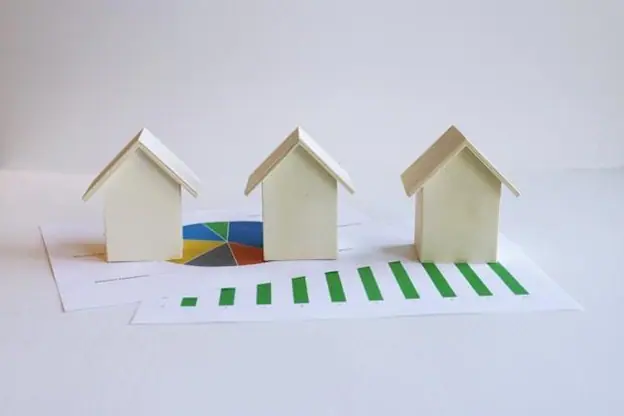Everyone loves the idea of owning property. You’ve probably heard it all before: “Buy land, they’re not making more of it,” or “Real estate is the safest investment.” But here’s the thing, real estate isn’t always the golden ticket it’s made out to be.
Let’s talk about the not-so-glamorous side of investing in real estate. While property can be a powerful wealth-building tool, it comes with its fair share of headaches, and knowing those upfront can save you serious stress down the road.
High upfront costs (The first big hurdle)
Unlike buying a few shares of your favorite stock, real estate requires serious cash to get started.
You’re not just paying for the property; you’re also covering closing costs, inspections, legal fees, taxes, and maybe a down payment of 20%. Even a modest rental home could set you back tens of thousands before you collect a single rent check.
For example, if you want to buy a $300,000 rental property, expect to cough up $60,000 or more upfront.
That’s why newer platforms like Concreit are gaining traction; they let you invest in real estate with no minimum, making property ownership a little more accessible (without needing your mortgage).
It is a long game, not a get-rich-quick scheme
Real estate is like slow-cooked stew, not instant noodles.
Most properties take years to appreciate meaningfully. If you’re hoping to flip something in 6 months and walk away rich, chances are you’ll be disappointed, or broke.
Unlike stocks or crypto, where prices can shoot up overnight (for better or worse), property markets are sluggish, and that’s often a good thing… unless you’re chasing short-term gains.
Market slumps happen (And they hurt)
Real estate feels steady… until it’s not.
If the market cools, you could watch your home’s value drop by tens of thousands in a matter of months. And unlike stocks, there’s no “stop-loss” button; you can’t just sell instantly and walk away.
It is not passive (No matter what TikTok says)
Yes, rental income sounds great… until the toilet breaks at 2 AM or your tenant ghosts you mid-lease.
Owning property means ongoing management, repairs, tenant screening, rent collection, and legal compliance. You can hire a property manager, sure, but that eats into your profits (think 8–12% of rental income, plus maintenance costs).
Here’s a pro-tip: If you’re after “set it and forget it” investing, look into REITs (Real Estate Investment Trusts) instead. You’ll still get real estate exposure, without having to be a landlord.
Is real estate investing a perfect investment option?
Absolutely, but only if you’re prepared.
Real estate has built fortunes for millions of people, but it’s not the right fit for everyone. It requires capital, patience, and often, a thick skin.
The good news? New platforms like Concreit, Fundrise, and REIT ETFs are lowering the barrier to entry. You can still get in on the action without going all in.



